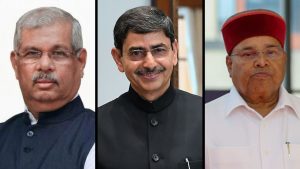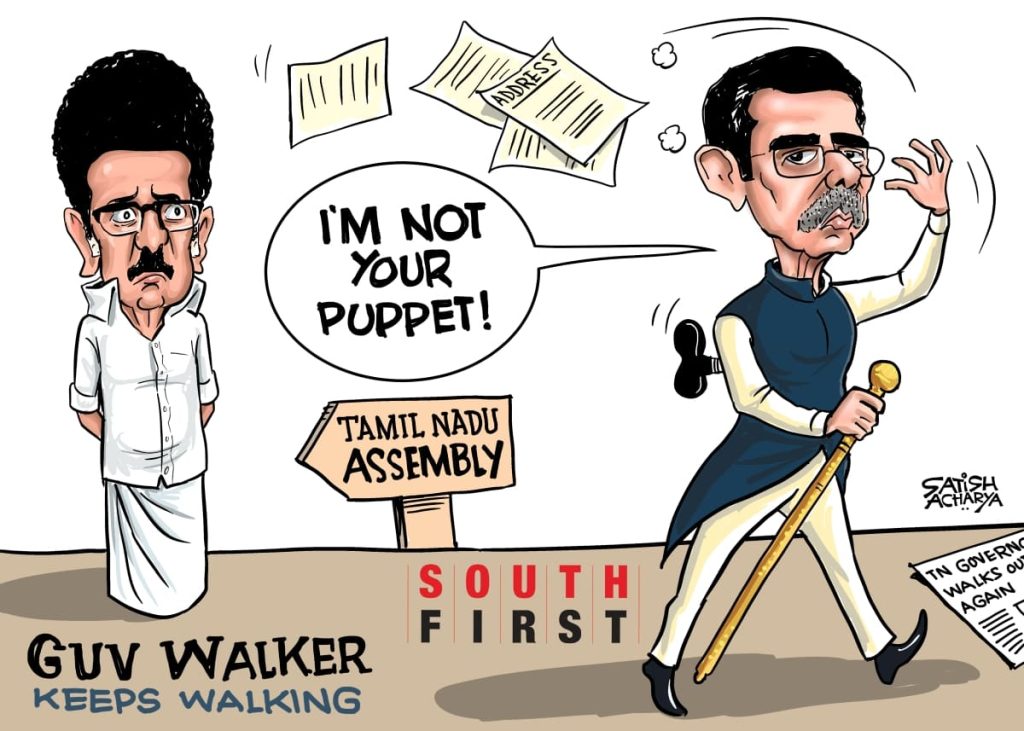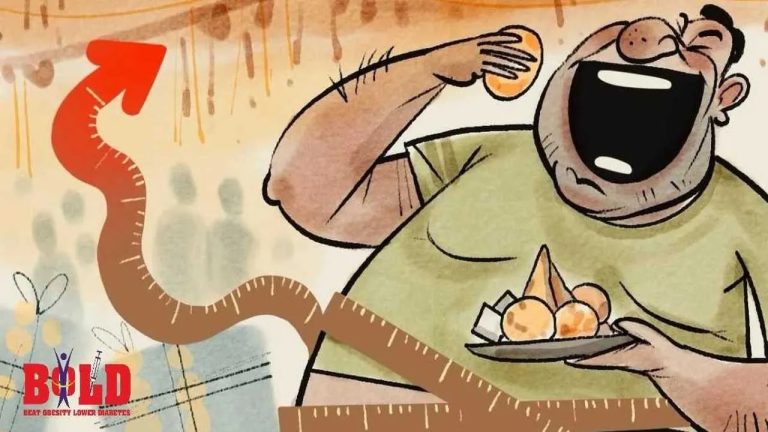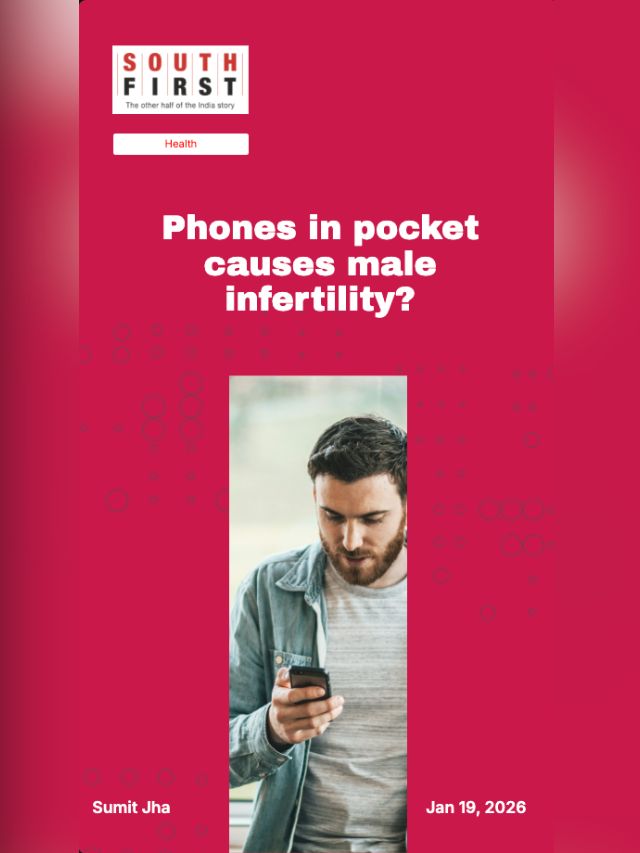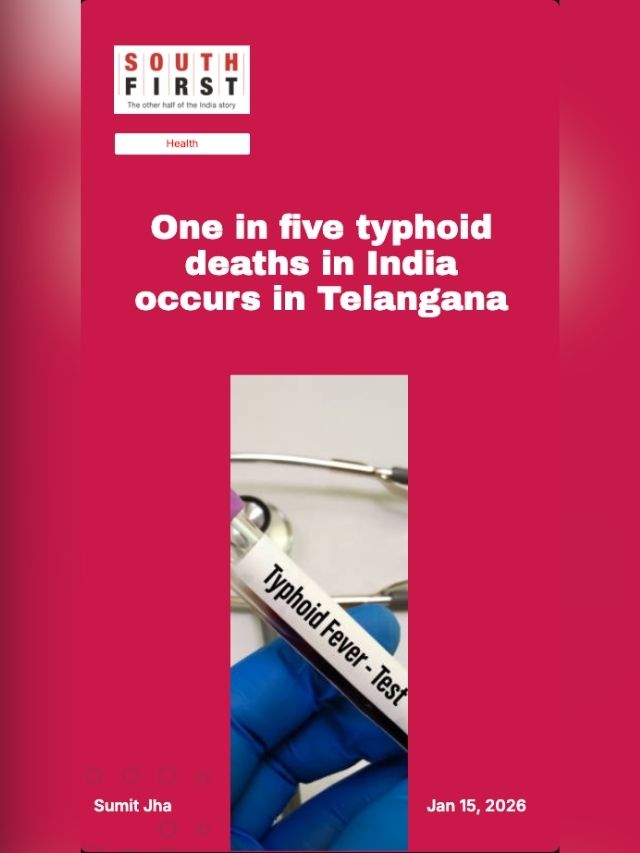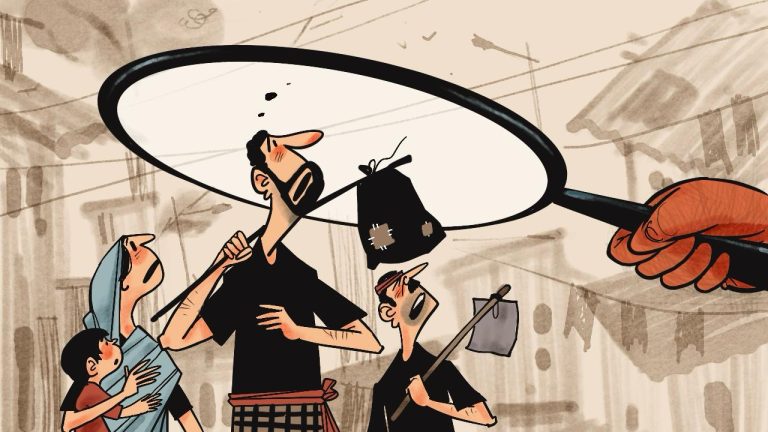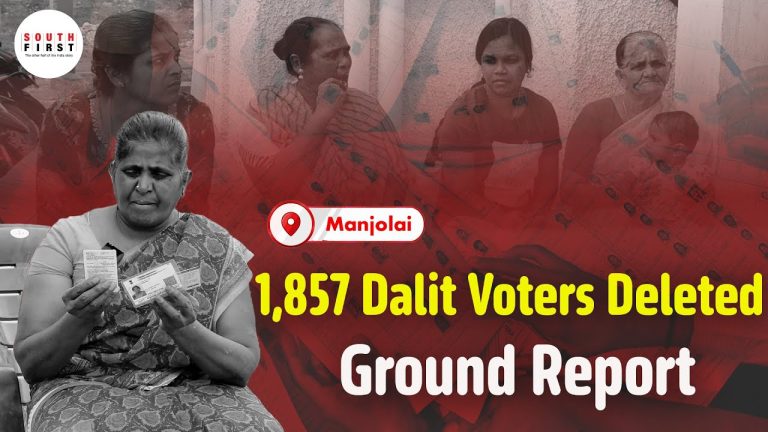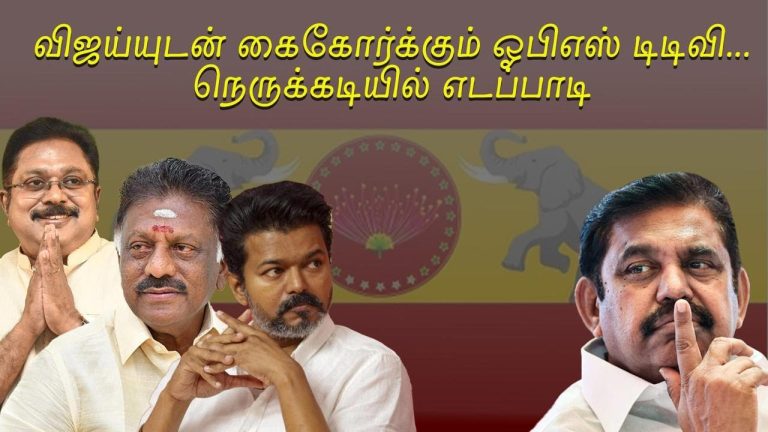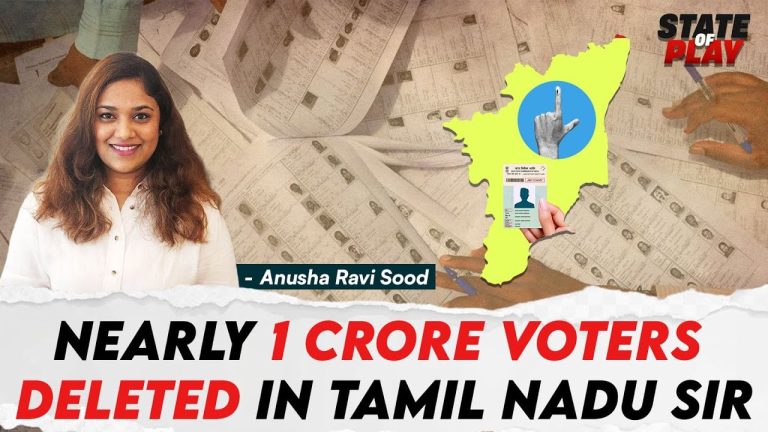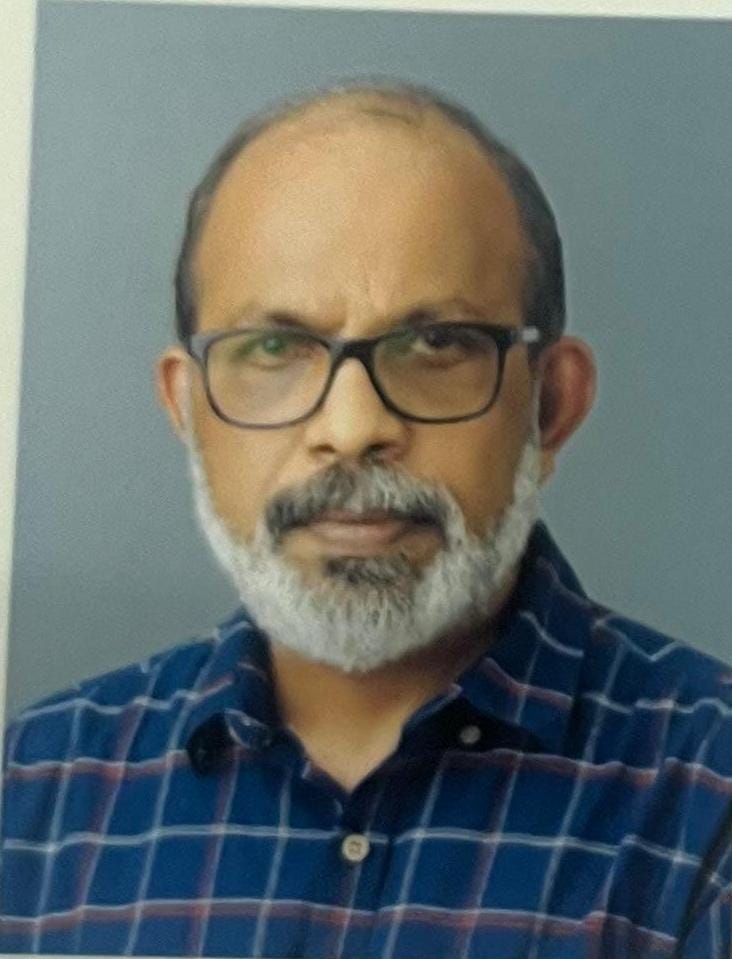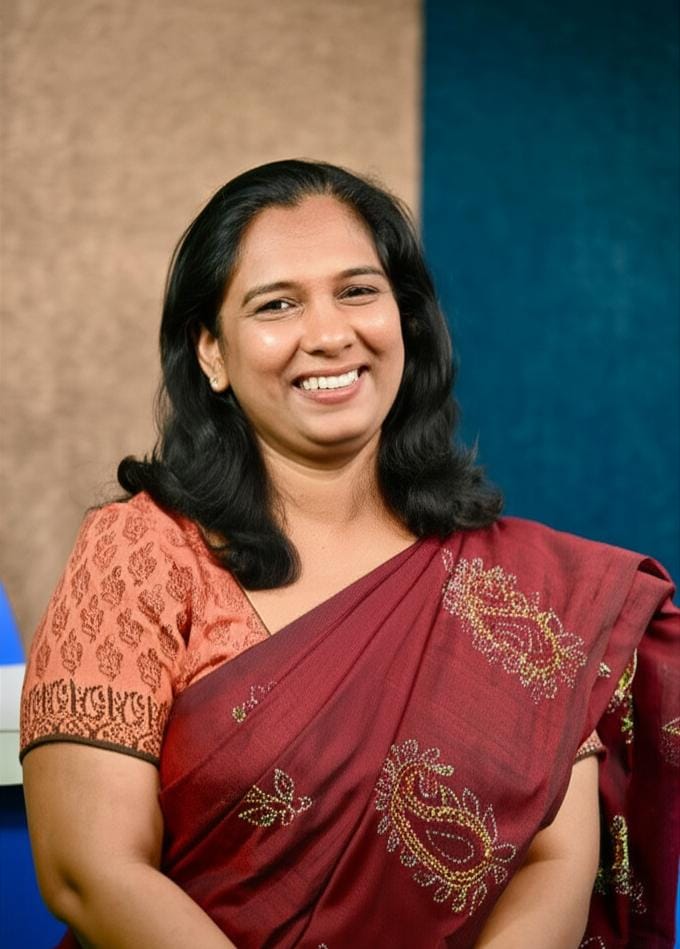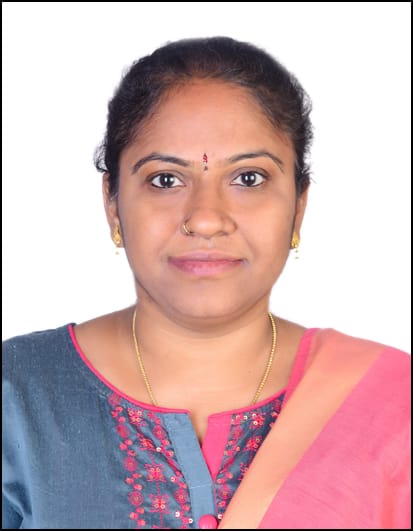IN THE NEWS

Parties shift to poll mode as Telangana heads for February municipal elections
‘Countdown to DMK government’s fall has begun’, says Modi in TN
Twenty20 faces major split after NDA alliance, leaders quit party, join Congress
Davos diplomacy: Chandrababu Naidu, Lokesh position Andhra Pradesh as global investment, innovation hub
Former Andhra chief minister YS Jagan Mohan Reddy alleges ‘credit chori’ by TDP in land resurvey
Kerala takes sustainability-led industrial growth pitch to global investors at Davos
Just Now
Explained | Why IUML is demanding a seat swap in the UDF instead of more Assembly seats
Parties shift to poll mode as Telangana heads for February municipal elections
Governors cannot override elected governments – the Constitution is unambiguous
Weather update: Forecast for Southern cities on 24 January
KTR accuses ruling Congress in Telangana of using phone-tapping probe as ‘distraction’
‘Countdown to DMK government’s fall has begun’, says Modi in TN
SF Specials
VIEW MORE →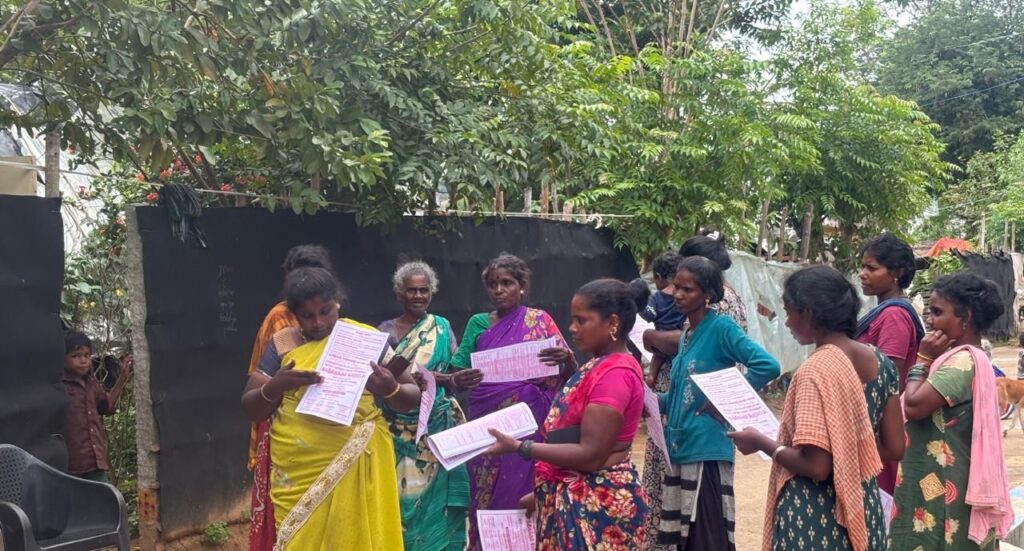
News
Ground report: Tamil Nadu Adivasis, especially women, face mass disenfranchisement during SIR
The investigation revealed the shocking truth that many tribal residents were unaware that the SIR process was taking place.
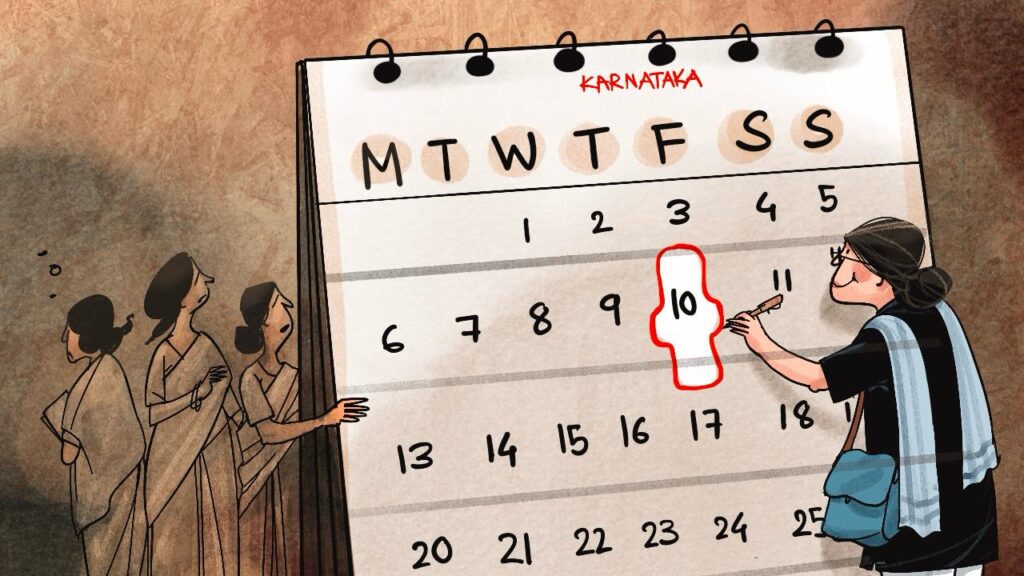
Karnataka
The forgotten women: Karnataka’s period leave policy does not count them
Karnataka recently became the first Indian state to offer paid menstrual leave to all working women in government and private jobs.
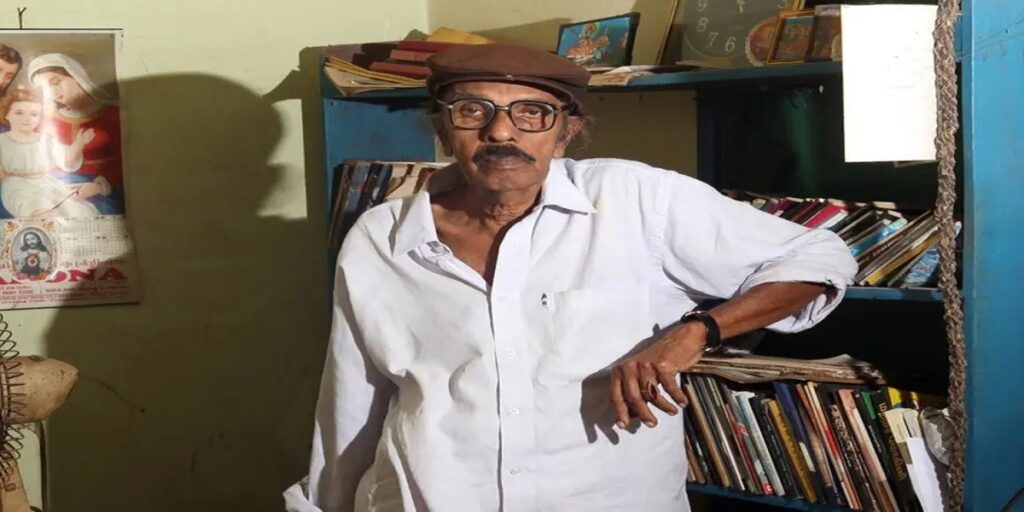
Community & Culture
Malayalam ‘Dracula’ rises again after 5 decades with support from Stoker’s blood
Long before cinematic universes became a trend, Kottayam Pushpanath had already built one in print.
Behind The News
VIEW MORE →Community & Culture
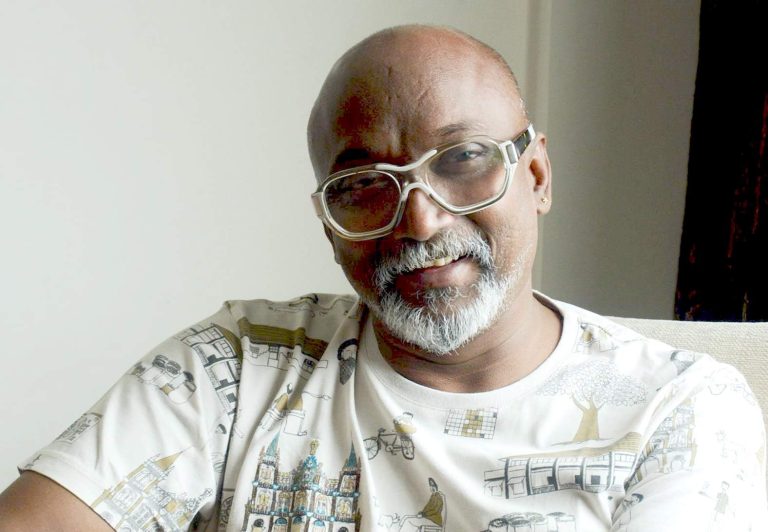
Community & Culture
After Bose, what next for Kochi-Muziris Biennale?
Community & Culture
Ground Report: Beyond the Biennale, Muziris carries the memory of three millennia
Community & Culture
Books that survive on Hyderabad’s Abids footpaths are what the neighbourhood still reads
Community & Culture
Growing up together: A decade of Sunday sargams with the Chennai Children’s Choir
Beyond South

Beyond South
Two consecutive PSLV failures in a year raise concerns over ISRO’s ‘workhorse’ rocket
Beyond South
Cybercriminals targeting retired SC judges? Justice Chelameswar flags digital arrest attempt
Beyond South
A new dawn for Thalassemia patients: Why the USFDA’s pill approval matters — and why India must pause and plan
Beyond South
Centre notifies April–September 2026 window for Census 2027 houselisting
Opinions
Revanth Reddy’s words mean betrayal of Telangana and authoritarianism!
Aggressive social media and its impact on polity
Caste census and the law of large numbers
Pension promises and the southern divide
Pension promises and the southern divide
Why Telangana matters in India’s tech decade
How a seminar on women’s stories showcased the unknown lives of pioneers in women’s empowerment
‘Jana Nayagan’: Cinema, power and control in Tamil Nadu politics
States
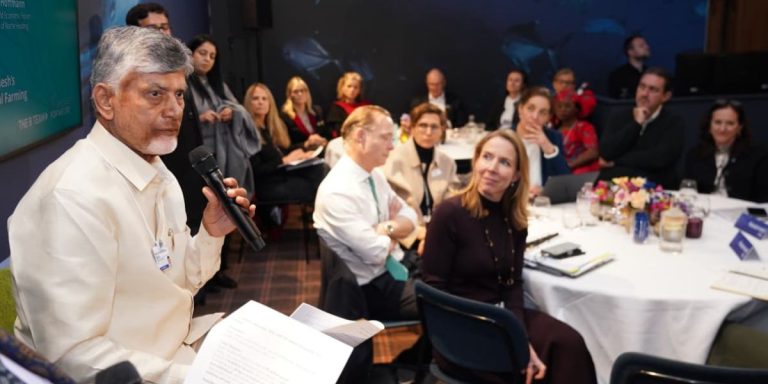
Andhra Pradesh
Davos diplomacy: Chandrababu Naidu, Lokesh position Andhra Pradesh as global investment, innovation hub
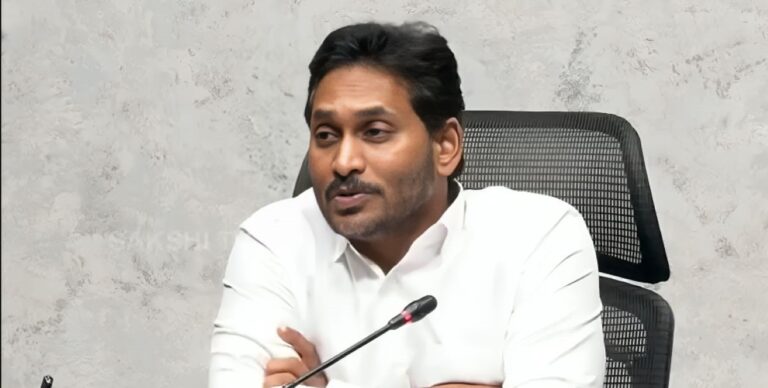
Andhra Pradesh
Former Andhra chief minister YS Jagan Mohan Reddy alleges ‘credit chori’ by TDP in land resurvey
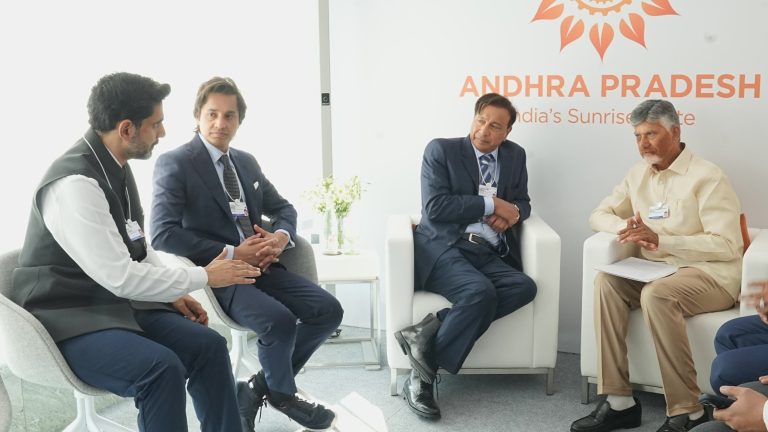
Andhra Pradesh
Andhra Pradesh pushes for fintech, steel and tourism investments at Davos
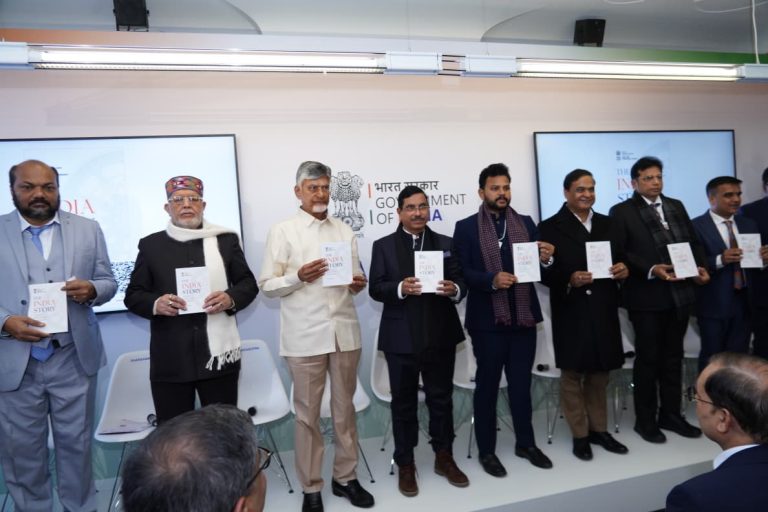
Andhra Pradesh
Andhra Pradesh pitches inclusive growth, mega investments at WEF
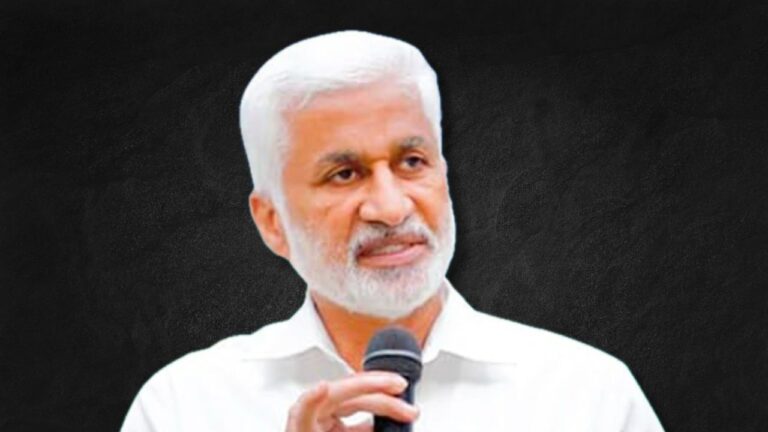
Andhra Pradesh
ED summons former YSRCP Rajya Sabha member V Vijayasai Reddy in ongoing Andhra liquor scam investigation
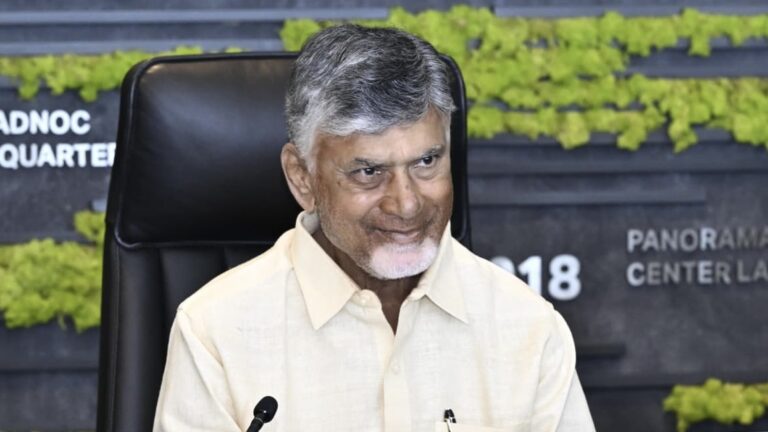
Andhra Pradesh
Naidu pushes aerospace, drone tech, AI, green energy via AP FIRST initiative
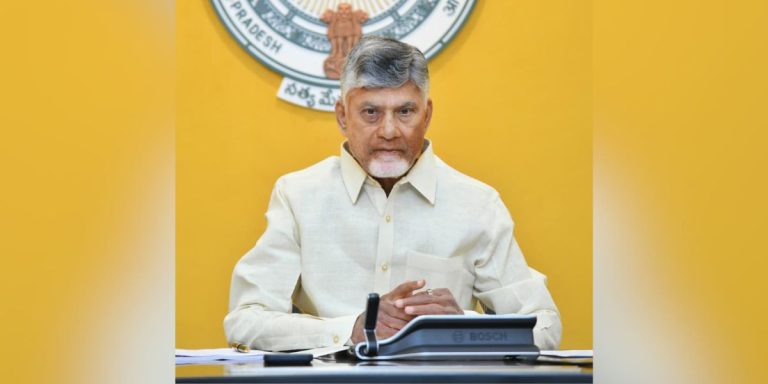
Andhra Pradesh
ACB court approves closure of skill development scam case against Andhra CM Chandrababu Naidu
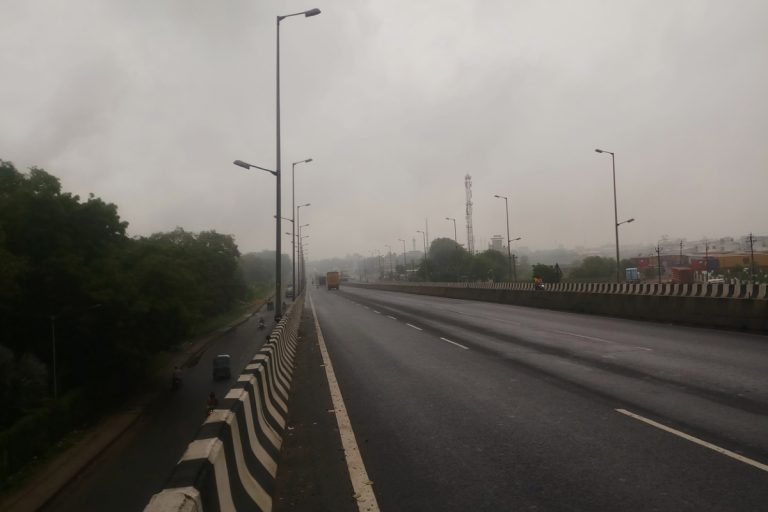
Andhra Pradesh
NHAI’s Bengaluru-Kadapa-Vijayawada Corridor on fast track, set to revive AP’s economy

Andhra Pradesh
TDP’s U-turn on Shirdi Sai Electricals: From YSRCP ‘benami’ charge to land allotment

Andhra Pradesh
Sankranti exodus brings vehicle traffic to a crawl on Hyderabad–Vijayawada National Highway
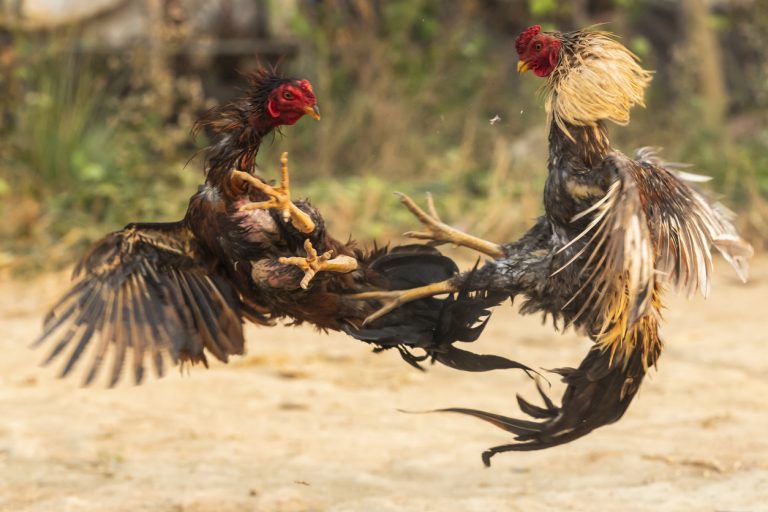
Andhra Pradesh
Despite ban, high-stakes cockfights grip Andhra Pradesh amidst Sankranti festivities
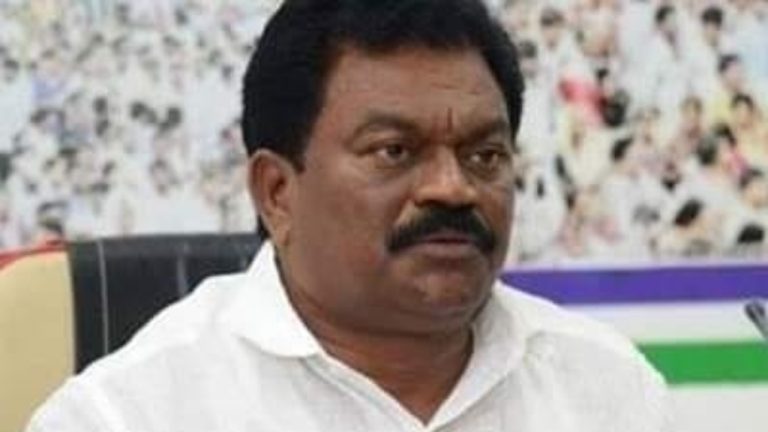
Andhra Pradesh




